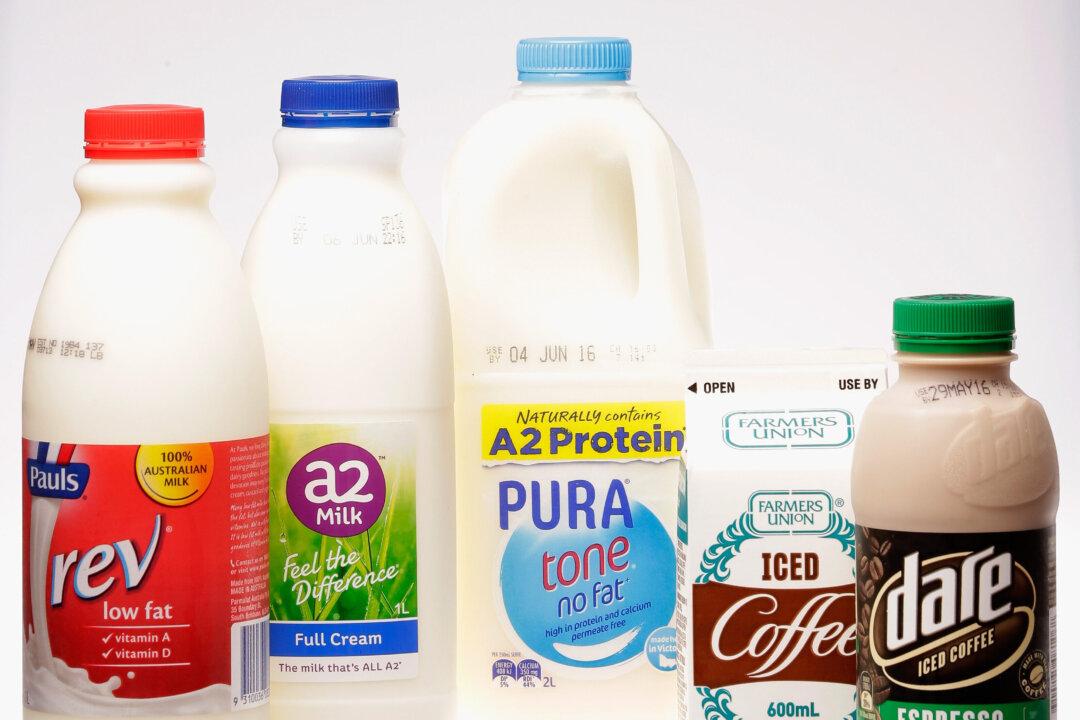Many Australian dairy farmers will receive a boost to their bottom line as a major supermarket chain has offered to pay more for their milk as it seeks to contain a surge in dairy prices.
The Herald Sun reported that Coles, the second-largest supermarket chain in Australia, had offered to pay farmers up to 22 cents (16 U.S. cents) more for a kilogram of milk solids under “tenure payments” if they entered into a three-year contract with the retailer giant.





